In the Spotlight
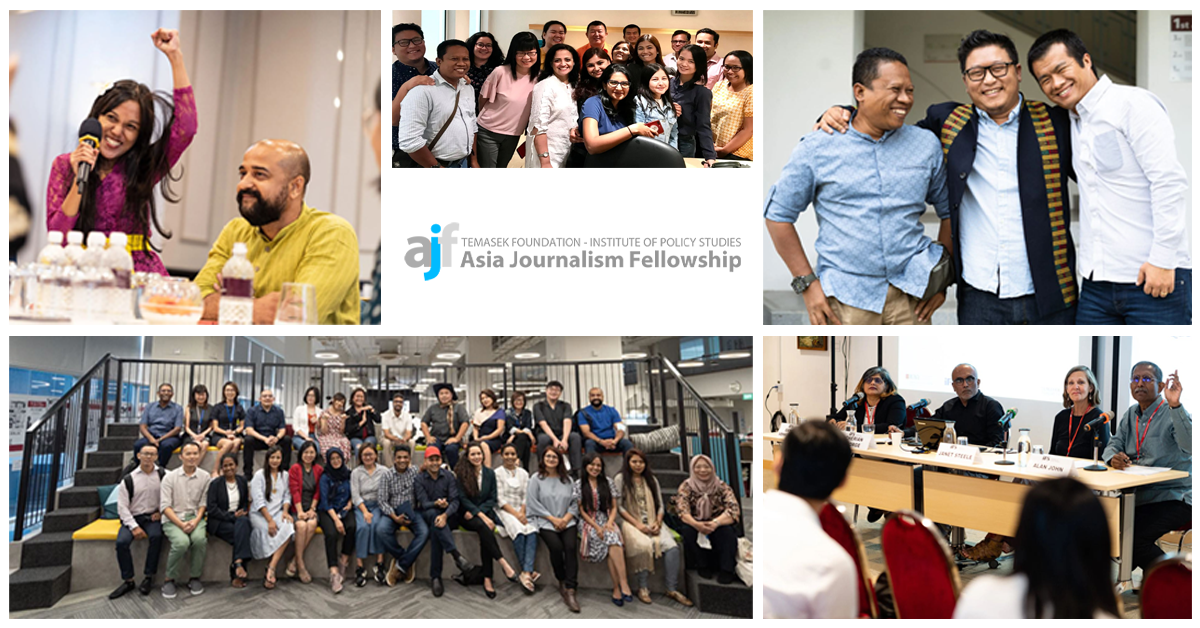
IPS and Temasek Foundation welcomed 18 journalists from across Asia on August 5 as part of the Asia Journalism Fellowship (AJF) 2024. After a month of online seminars and workshops, the second half of AJF 2024 will be held in Singapore.
During their time in Singapore, Fellows will engage in various activities, deepening their understanding of the media landscape in Singapore, as well as one another's countries as they immerse in the programme as a group. This includes meetings with officials, academics and media practitioners, as well as visiting newsrooms and non-governmental organisations.
In addition to the Fellowship, “AJF Connect 2024” will bring together Fellows from the current and past 14 batches, as well as senior editors from Asia. From August 22 to 25, it will feature a series of seminars, including a dialogue session with Minister Josephine Teo at the Ministry of Digital Development and Information.
Find out more about the Fellowship here.
Recent Events
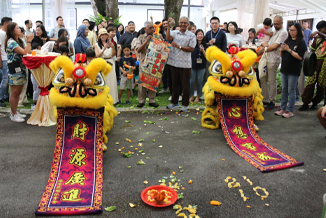
IPS Housewarming
IPS held a housewarming party on 12 July 2024 to mark the completion of the renovation of our office buildings, and the expansion of our office space with two additional houses at Evans Road.
Current and former IPS staff, along with their families, joined in for an evening of scrumptious local delicacies, with activities lined up for children as well. It concluded on a high note with an engaging lion dance performance, a traditional ritual believed to bring good luck and prosperity to a new home and its occupants.
Articles

Commentary — How parents and kids can be better off if we widen the concept of merit
(The Straits Times)
By Tan Poh Lin
• 6-min read
Despite efforts and institutional shifts to reflect a broader definition of success, many parents still go to great lengths to secure places for their kids in coveted primary schools and send them for private tutoring.
In this commentary, Tan Poh Lin suggests that parents fear seeing their children at the bottom of the heap in a system that concentrates rewards at the top, in a hyper-competitive society.
She highlights the need for a social consensus to shift parenting culture towards prioritising character and socio-emotional development over solely academic achievements while tamping down excessive competitiveness in a merit-based society.

Commentary — Policies alone cannot undo our zero-sum thinking
(IPS Commons)
By Christopher Gee and Yap Jia Hui
• 6-min read
At the July 2 youth dialogue with Prime Minister Lawrence Wong, a key issue raised was the concern about the competitive systems in Singapore. While the government has pledged to support the “multiple pathways of success” pillar in the Forward SG social compact, what more can be done to overcome the zero-sum mindset in society?
In this op-ed by Christopher Gee and Yap Jia Hui, they emphasise the need for a broader cultural and structural shift towards a positive-sum mentality, where win-win opportunities are pursued for the benefit of all. They stress that this shift will require change not just in policy but also in individual mindsets, behaviours and societal structures to create a mutually beneficial environment in education, workplaces and beyond.
Recent Releases on the IPS Website
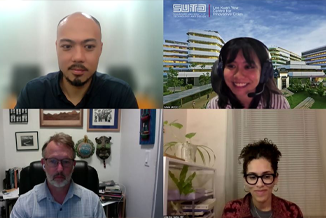
Report — Future-Ready Society Conference Series: Learning Journey 1 – Participatory Budgeting
The Future-Ready Society Conference Series organised by IPS, Lee Kuan Yew Centre for Innovative Cities (LKYCIC) and Tote Board, kicked off with a learning journey titled “Participatory Budgeting”.
International speakers Dr Brian Wampler and Ms Anita dos Santos discussed the process of inclusive decision-making for the allocation of public funds within communities and shared successful global examples of participatory budgeting (PB). Mr Wee Kim Boon, General Manager of Marsiling-Yew Tee Town Council, weighed in on the localisation of PB, highlighting its potential to enhance collaboration, accountability, and community empowerment in Singapore.
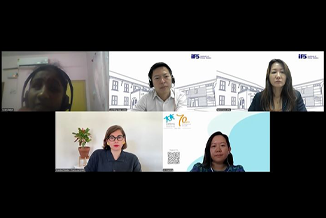
Report — Future-Ready Society Conference Series: Learning Journey 2 – Citizens’ Assemblies, Panels and Juries
At the second learning journey, international experts Ms Claudia Chwalisz and Ms Swarnalakshmi Ravi discussed the transformative potential of citizens’ assemblies in fostering inclusive decision-making and community empowerment. Ms Lin Xiaoling, Director of the Research and Advocacy Department at the Singapore Children’s Society, shared her insights on similar approaches involving children and youth in Singapore. Dr Carol Soon, Principal Research Fellow at IPS, also highlighted the tendency for adults to underestimate the capabilities of children and youth, an observation from her past experiences conducting citizens’ panels with young people.
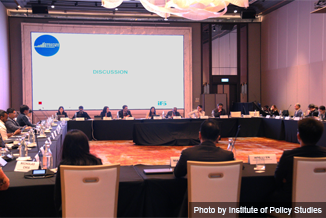
Report — The 40th Singapore Economic Roundtable
The first segment of the biannual meeting involved a panel discussion on the macroeconomic outlook with economists and analysts from the public and private sectors. Issues surrounding Singapore and the ASEAN region amidst global changes were explored during the discussion. The second segment examined supply chain reconfiguration in Asia and its implications for Singapore. Discussions in the second segment focused on human capital, job stability, and China's growth and challenges.
Recent Publications
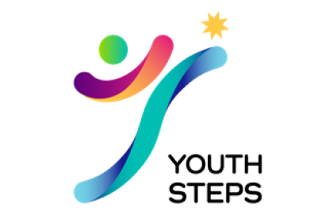
Youth Study on Transitions and Evolving Pathways in Singapore (Youth STEPS 2.0)
A collaboration between the National Youth Council and IPS Social Lab, the longitudinal study explored youth’s life satisfaction, key aspirations and priorities as they transition from adolescence to adulthood. It found that youths were satisfied with life, highlighting the importance of having a good career, attaining higher education, and forming meaningful relationships.
However, the study also revealed that 39 per cent of respondents had never been in a relationship — with the main barriers being that they had not met the right person yet, as well as more important priorities in life.

IPS Working Paper No. 56 — Safeguarding Elections from Threats Posed by Artificial Intelligence
As Singapore’s elections approach, artificial intelligence (AI) presents a novel challenge to electoral integrity due to its potential for generating misinformation and deepfakes. However, AI also offers benefits like improved campaigning efficiency.
In this working paper by Carol Soon and Samantha Quek, they focus on the potential impact of generative AI on elections. They also discuss what stakeholders and regulators in different jurisdictions are doing to counter the threats posed by the technology, as well as the laws in Singapore that seek to protect election integrity. Additionally, they propose measures needed to safeguard elections in Singapore from the threats of AI.
IPS in the News
For media coverage of IPS experts' views on current affairs and IPS events, click here.
For upcoming IPS events, click here. Sign up for the IPS events mailing list here.
Careers at IPS — please check us out and help to spread the word!